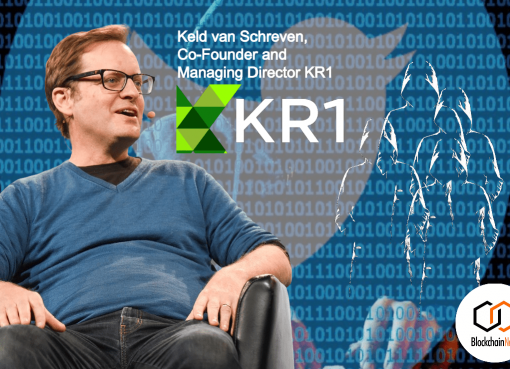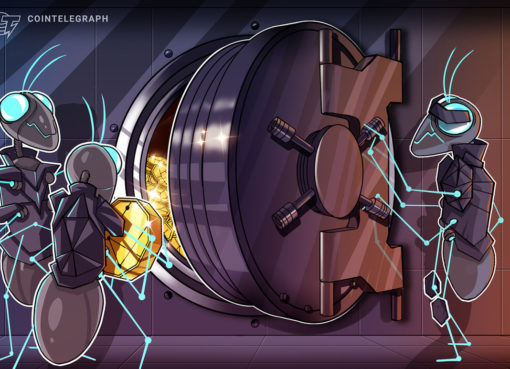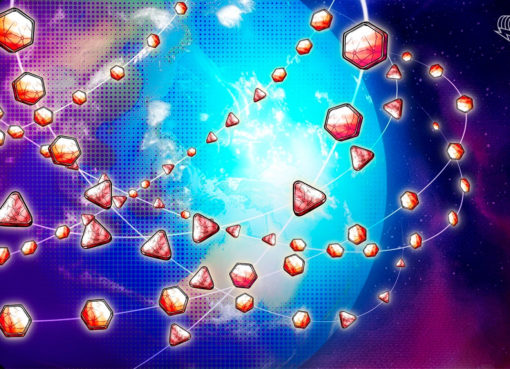What is the metaverse?
With Facebook’s Mark Zuckerberg recently co-opting the word and re-naming his company Meta, it’s no surprise that the word “metaverse” has hit headlines across the globe.
The idea of the metaverse has been around for some time in an abstract sense. It’s essentially a change in the way we interact with technology and the digitalization of the world in ways that are expected to become a more tangible part of our future. Many question exactly what a metaverse consists of, with the term being a catch-all for many interpretations. A popular definition is that it will be an augmented reality linking the physical and digital worlds as well as a digital economy within Web 3.0, where people can buy, exchange and sell digital goods online. Effectively, digital and real worlds interact and there can be parallel worlds for people to exist in simultaneously.
Within Web 3.0, blockchain will play an integral role, ranging from cryptocurrency to pay for things, to non-fungible tokens (NFTs) that can be used for certificates of ownerships of digital items.
What changes will come from the metaverse?
The growth of the metaverse will lead to seismic change, where we believe that this new system architecture will disrupt people, places and economies. Recently at Wirex, a digital payments platform, we released a new whitepaper that painted a vision of the growing importance of the metaverse.
Notably, we see two trends evolving from the metaverse: convergence and inclusion. Firstly, the creation of financial products that can operate seamlessly across digital and fiat currencies will be the norm, and secondly, over 1 billion people worldwide could finally be included within this ecosystem. With the development of the digital economy where it’s estimated that nearly 80 million people currently own a crypto wallet, we’ve already seen this begin to take place, but there’s still a long way to go until it becomes a fully mainstream proposition.
Convergence
Although Facebook rebranded itself as Meta to imply that they are leading this transformation, there will be a huge number of players involved with building the metaverse. They will each need to bring their technical capabilities and expertise to the table to make this migration as seamless as possible.
Interoperability will be key, not only allowing goods and information to be transferred between platforms within the metaverse, but also enabling them to be transferred from the physical world to the digital world. This will also play a vital role in offering a user experience that is easy-to-understand and recognizable but also reassures consumers when using new products and services within this space.
Inclusion
Importantly, the metaverse will be accessible to anyone with an internet connection. Some of the biggest advocates for the digital economy have endeavored to improve financial access, and a huge benefit of crypto transactions is the ability to cut costs and improve transaction times for those who may not have that ability using traditional means of payments.
Globally, there are over 1 billion people who are unbanked, according to the most recent World Bank data. The ability for them to access the digital economy within the metaverse could be revolutionary.
Crypto companies’ roles within the metaverse
For crypto companies that aim to bridge the gap between the traditional and digital economies, the ideas of convergence and inclusion closely align with a vision where everyone has access to and can be included in the metaverse. A focus on safety and security will be even more important in this new and burgeoning industry, where these companies must respond to users demanding innovative, safe and secure products within the metaverse, and reassuring those stepping into this unknown world. Recognizing the benefits of cryptocurrencies, these companies will play an important role in facilitating the growth of the metaverse, as users demand mainstream product ecosystems that enable anyone to use crypto in the everyday.
With the journey towards the metaverse and Web 3.0 fully on its way, it’s thought that the creation of safe, secure, interoperable products and ecosystems such as these will be in huge demand, addressing any concerns for users and enabling them to take full advantage of this new reality.




